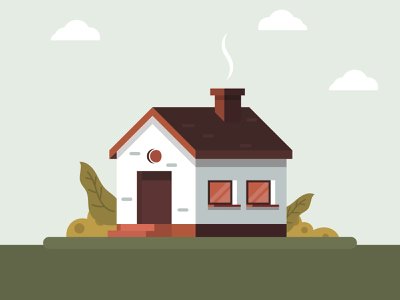Codependency and Beliefs
Understand codependency and the beliefs developed from codependent homes, such as individualization being seen as negative and guilt, manipulation, or control being used as punishment.

Dr. Nicole LePera
#1 New York Times Bestselling Author “How To Do The Work”(https://t.co/HF3UY9ia4Q) Founder of @selfhealerscirc 👇🏼Join Waitlist 👇🏼

-
5 Beliefs We Have If We're Raised In Codependent Families: pic.twitter.com/8vCQS8OFYG
— Dr. Nicole LePera (@Theholisticpsyc) March 26, 2023 -
Codependency comes from growing up in an emotionally enmeshed home where we never got to develop a sense of self.
— Dr. Nicole LePera (@Theholisticpsyc) March 26, 2023
We don't learn how to trust our intuition, or think for ourselves because we were seen an extension of our parent figures. -
In codependent homes there is:
— Dr. Nicole LePera (@Theholisticpsyc) March 26, 2023
- group think "we believe, we do x, we see people as x"
- lack of emotional boundaries (everyone is involved in everything)
- one adult controls the entire emotional climate of the home -
- individualization is seen as negative (must have the same opinions and beliefs)
— Dr. Nicole LePera (@Theholisticpsyc) March 26, 2023
- guilt, manipulation, or control: children are punished or shamed for not performing for or appeasing parent figures. -
Beliefs Developed From Codependent Homes:
— Dr. Nicole LePera (@Theholisticpsyc) March 26, 2023
1. I'm responsible for the emotions of others: codependent homes are usually chaotic and stressful and as children we internalize the belief that we're responsible for how everyone around us feels. -
Many codependent children describe being a "therapist" to their parent at a young age.
— Dr. Nicole LePera (@Theholisticpsyc) March 26, 2023 -
2. I must perform or betray myself and my own needs to be loved: we learn that the way to get parental approval is to perform or achieve. Because our emotional needs aren't seen as important, we focus on becoming who a parent wants us to be.
— Dr. Nicole LePera (@Theholisticpsyc) March 26, 2023 -
3. Boundaries are selfish: codependent homes don't have boundaries or limits, which is why there is usually enabling or caretaking. Boundaries are a part of all healthy relationships and allow us to place limits that keep us safe.
— Dr. Nicole LePera (@Theholisticpsyc) March 26, 2023 -
4. People's opinions of me are who I am: children who grow up in codependent families typically get used to critical or highly opinionated parent figures and siblings. This creates a belief that who other people think we are is who we are.
— Dr. Nicole LePera (@Theholisticpsyc) March 26, 2023 -
5. My worthiness comes through others: codependent adults have an incessant desire to prove yourself. Often people from codependent homes pick careers, partners, and places to live based on approval from parent figures, not authentic desires.
— Dr. Nicole LePera (@Theholisticpsyc) March 26, 2023 -
Being raised in a codependent home can create deep seated beliefs that we're not good enough, and confusion about who we truly are.
— Dr. Nicole LePera (@Theholisticpsyc) March 26, 2023
If you're healing from codependency, share your experience in the comments. -
If you found this helpful follow: @Theholisticpsyc
— Dr. Nicole LePera (@Theholisticpsyc) March 26, 2023
I write threads every day on how to heal yourself.
Join the waitlist for SelfHealers Circle https://t.co/dqXv0WDTCC
My new workbook:https://t.co/cfspkMbDR3
